new leaflet : NO GO for micro hydro in french wild and scenic rivers
Only 1% of French river, mostly in national park, have a good statute of preservation, with a specific and endemic biodiversity. We need to save them from hydropower projects. This project causes too much damage on the rivers and do not participate to energetic transition. ERN France – Wild Rivers publishes a brochure with examples of 3 endangered beautyfull rivers.
Salmon in the Alps
It’s not just possible, but was once reality. And could be again ! Read this great article in the Atlantic Salmon Journal, written by Nathan Wilbur.
Download the 3 page article in pdf : 2017 04 – Atlantic Salmon – Rhine
Subscribe the Atlantic Salmon Journal : www.asf.ca
more information on the Salmon Comeback Campaign
Rhine River : It was just a dream…
It was just a dream and a April Fool’s day trick. EDF is NOT demolishing the Vogelgrün Dam. The salmon must wait and the Salmoncomeback-Coalition has to strenghten its campaign for a free Rhine river . . .
more information : www.salmoncomeback.org
Rhine River : EDF decides to demolish the Vogelgrün Hydro Power Station
Due to technical issues in making the Vogelgrün dam passable for fish and the current financial difficulties faced by EDF, a surprising decision has been made to demolish the power station. Usually well-informed sources have said the removal should be completed at the same time as the opening of the Haringsvliet in Holland, at the latest by the end of 2018. A planned, hugely expensive mobile fish passage project is to be replaced by accelerating the adaption of the generation facility between Strassburg and Vogelgrün. This should ensure the free passage of salmon as far as Basel by 2020 in order to meet the conditions of the international agreement.
more information : www.salmoncomeback.org
Great news, rivers recognised as living entities !
In New Zealand and India, 3 rivers has been granted the same legal rights as a human being. These rights can be used to protect the interests of the rivers.
March 15th, the parliament of New Zealand recognised the Whanganui river, the third-longest in the country, as a living entity with the legal status of a person after a 150-year battle by the local Maori people. “The Whanganui River is an indivisible and living whole which includes all its physical and spiritual elements from the mountains of the central North Island to the sea”.
The new status of the river means if someone abused or harmed it the law now sees no differentiation between harming the tribe or harming the river because they are one and the same. The bill allow Whanganui River to represent its own interests and advocate on its own behalf.
Two guardians will be appointed to act on behalf of the Whanganui river, one from the crown and one from the Whanganui iwi (tribe).
“Ko au te awa. Ko te awa ko au”
“I am the river and the river is me”. Maori proverb.
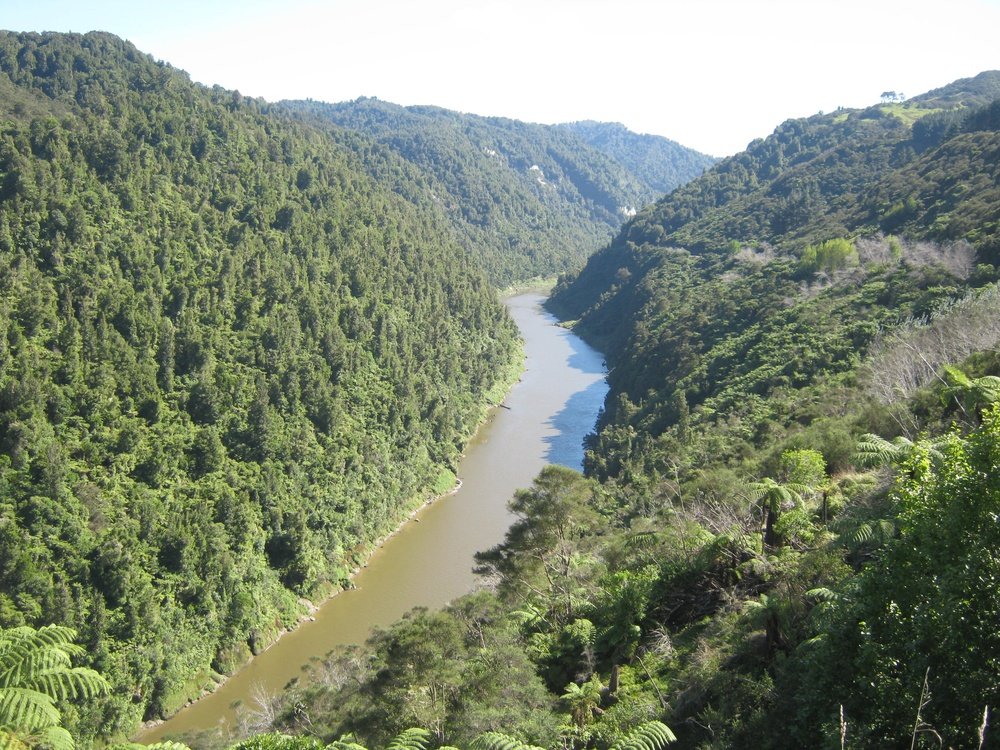
Whanganui river, known by the Maoris as Te Awa Tupua, © Prankster – Creative Commons
Few days latter New Zealand, India granted the same statut to the Ganges and Yamuna Rivers. considered sacred and holy by millions of Indians, these two rivers have been accorded the status of living entities and granting it the same legal rights as a human being, by the Uttarakhand High Court. The new status means if someone pollutes river Ganga, the law will see it equal to harming a human being.
“The Ganga should be saved for the generations to come,” the court added.
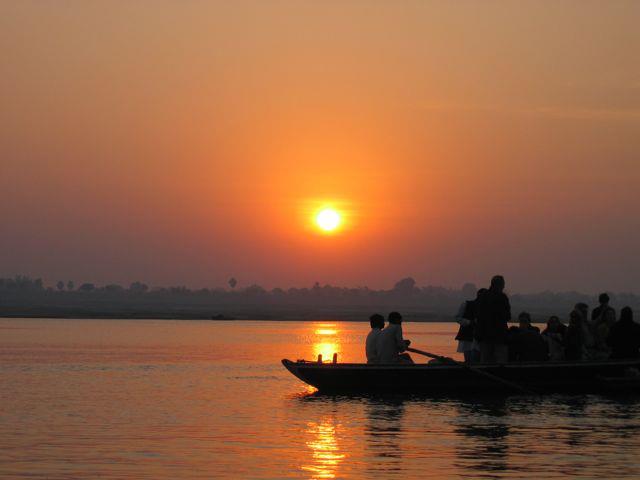
Ganga river at Varanasi © Mukul Kumar singh – CC BY-SA 3.0 – Wikimedia Commons
- Read more : The Guardian and The New Indian Express
“Living Rivers Europe” platform launched for the upcoming review of the Water Framework Directive
A coalition of five NGOs including the European Rivers Network (ERN) has launched a platform called “Living Rivers Europe” to closely monitor the upcoming review process of the EU Water Framework Directive [1].
On the 22nd March 2017 – the day celebrated at the global level as “World Water Day” – an event took place at the European Parliament entitled “The Water Framework Directive – Lifeline for European Waters” organised by the Forum on Recreational Fisheries and Aquatic Environment.
The event was chaired by four Members of the European Parliament, from four different political groups, all with a strong interest in this topic: MEP Ulrike Rodust (S&D), MEP Franc Bogovic (EPP), MEP Gerben-Jan Gerbrandy (ALDE) and MEP Linnea Engström (Greens).
The European Commission, represented by François Wakenhut, Director of the European Commission’s Directorate-General for Environment, and stakeholders from both NGOs and industries concerned (Copa Cogeca, Vorarlberger Illwerke AG – an Austrian Hydropower Company) were invited as speakers.
The NGO alliance “Living Rivers Europe” was then officially launched to achieve and secure healthy freshwater ecosystems, with a strong emphasis on the Water Framework Directive review process. “Living Rivers Europe” will campaign for a better implementation, a stricter enforcement and the upkeep of today’s Water Framework Directive’s standards. You can read more about its objectives here.
“Living Rivers Europe” is made up of five international environmental NGOs: the European Anglers Alliance (EAA), the European Environment Bureau (EEB), the European Rivers Network (ERN), the Wetlands International European Association (WI-EA) and the WWF, European Policy Office (WWF EPO).
For the new platform “Living Rivers Europe”, this day marked the beginning of a working process that will stretch into the year 2019.
Read the vision statement of Living Rivers Europe
[1] The Water Framework Directive (WFD) is an EU legislation adopted in 2000 recognising the poor condition of our inland waterways with a legally binding target to achieve good ecological status by 2015. This legislation has contributed to the improvement of water protection in the EU. However, in 2012 the European Commission realised that many Member States would miss the 2015 target as 47% of the EU waters at the time had not reached the good status objectives that were set. A review of this crucial piece of environmental legislation shall take place in 2019 and stakeholders are already getting engaged.
Tribute to our colleague and friend Georges Emblanc
Our colleague Georges, who worked on the culture of the river and the floods died brutally on Saturday, March 11.
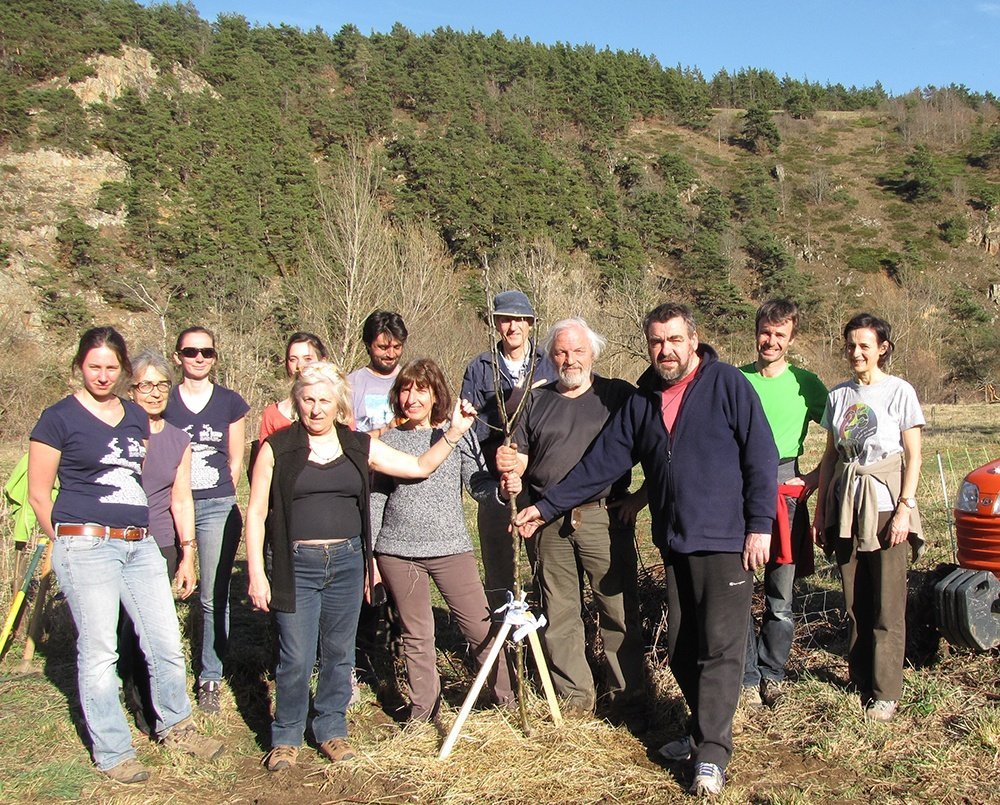 Apple tree planted by the team ERN-SOS Loire Vivante, in the Upper Valley of La Loire, in tribute to Georges. © ERN France – SOS Loire Vivante
Apple tree planted by the team ERN-SOS Loire Vivante, in the Upper Valley of La Loire, in tribute to Georges. © ERN France – SOS Loire Vivante
Read our homage (only in French)
Amis des rivières vivantes et sauvages,
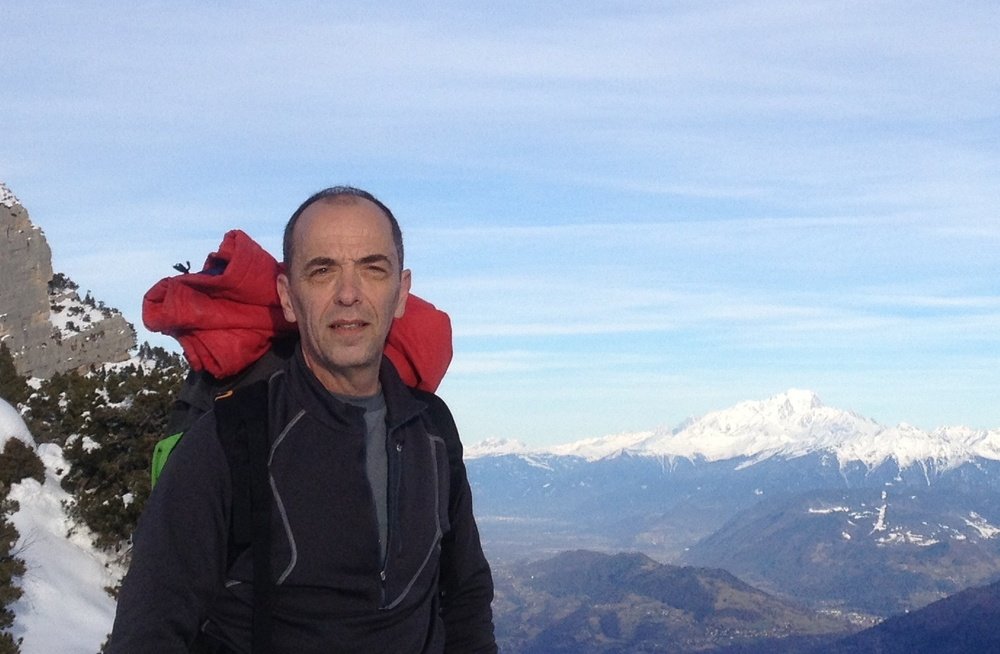 C’est encore sous le choc et dans l’émotion que nous vous faisons part du décès brutal de notre collègue et amis Georges Emblanc, le samedi 11 mars, des suites d’une hémorragie cérébrale. Une belle et émouvante cérémonie d’au revoir a eu lieu lundi 20 mars à Yerres (91)
C’est encore sous le choc et dans l’émotion que nous vous faisons part du décès brutal de notre collègue et amis Georges Emblanc, le samedi 11 mars, des suites d’une hémorragie cérébrale. Une belle et émouvante cérémonie d’au revoir a eu lieu lundi 20 mars à Yerres (91)
Cette nouvelle attriste bien sûr toute sa famille ainsi que toutes celles et ceux qui le connaissaient, mais également l’ensemble de la communauté qui œuvre pour des rivières et des écosystèmes vivants. Sa mémoire a été honorée dans plusieurs instances nationales comme le Comité National de l’Eau et les hommages se multiplient un peu partout là où il siégeait pour défendre la cause de la nature et d’un développement respectueux et équilibré.
Georges était apprécié et reconnu tout particulièrement pour son engagement, ses compétences, son humanité, ses connaissances incroyables dans tous les domaines, sa capacité de dialogue mais aussi pour sa simple joie de vivre ! Avec facétie, il aimait citer Maître Oogway dans le dessin animé Kung Fu Panda « Hier est derrière. Demain est un mystère. Aujourd’hui est un cadeau c’est pour cela qu’on l’appelle le présent ! ». Oui, Georges aimait la vie et profitait de chaque instant, en conscience et surtout dans le partage.
Georges n’avait que 60 ans. Il était salarié de ERN France-SOS Loire Vivante depuis mai 2016 et travaillait, comme vous le savez, sur les inondations et l’acceptation des crues, sur la culture du fleuve sur le bassin de la Seine. Mais nous le connaissions de longue date. Il a été notamment cofondateur et administrateur du Fonds pour la Conservation des Rivières Sauvages depuis 2007, à titre bénévole. Certains de notre équipe le connaissaient même depuis plus de 15 ans, ayant travaillé avec lui au WWF France pour lequel il était consultant !
Son engagement bénévole était remarquable et tout azimut : régularisation des sans-papiers, Société Protectrice des Animaux, éducation à l’environnement… Georges avait un grand cœur, une grande âme !
Avec son départ brutal, on perd un collègue, on perd un ami. Les rivières perdent un défenseur. Mais sa force de travail, sa générosité et son militantisme restent exemplaires pour chacune et chacun d’entre nous.
Nous nous associons tout particulièrement à sa famille et ses proches dans cette épreuve si difficile.
Toute l’équipe bénévole, les administrateurs et les salariés de SOS Loire Vivante- ERN France
Le Conseil d’Administration, le Conseil Scientifique et toute l’équipe du programme Rivières Sauvages
Celebrate the International Day of Action for Rivers March 14
Every year on March 14, thousands of people around the world lift their voices to celebrate the world’s rivers and those who struggle to protect them. The International Day of Action for Rivers is a day to celebrate victories such as dam removal and river restoration. It is a day to take to the streets, demonstrate and demand improvements in the policies and practices of decision makers. It is a day to educate one another about the threats facing our rivers, and learn about better water and energy solutions. Above all, it is a day to unite – by acting together, we demonstrate that these issues are not merely local, but global in scope.
How to join and more Informations
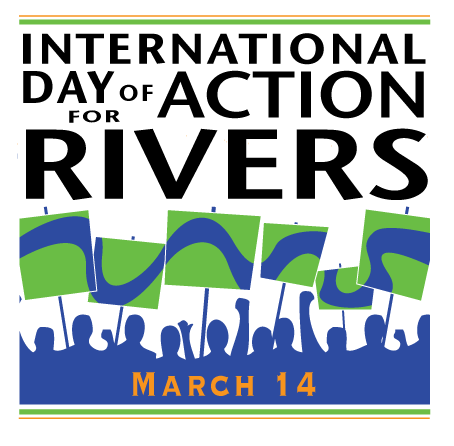
Poutès dam (France) : the demolition and the reconfiguration process starts in june 2017
Please read our Pressrelease 10.022017 .- in french more information on the Poutès dam
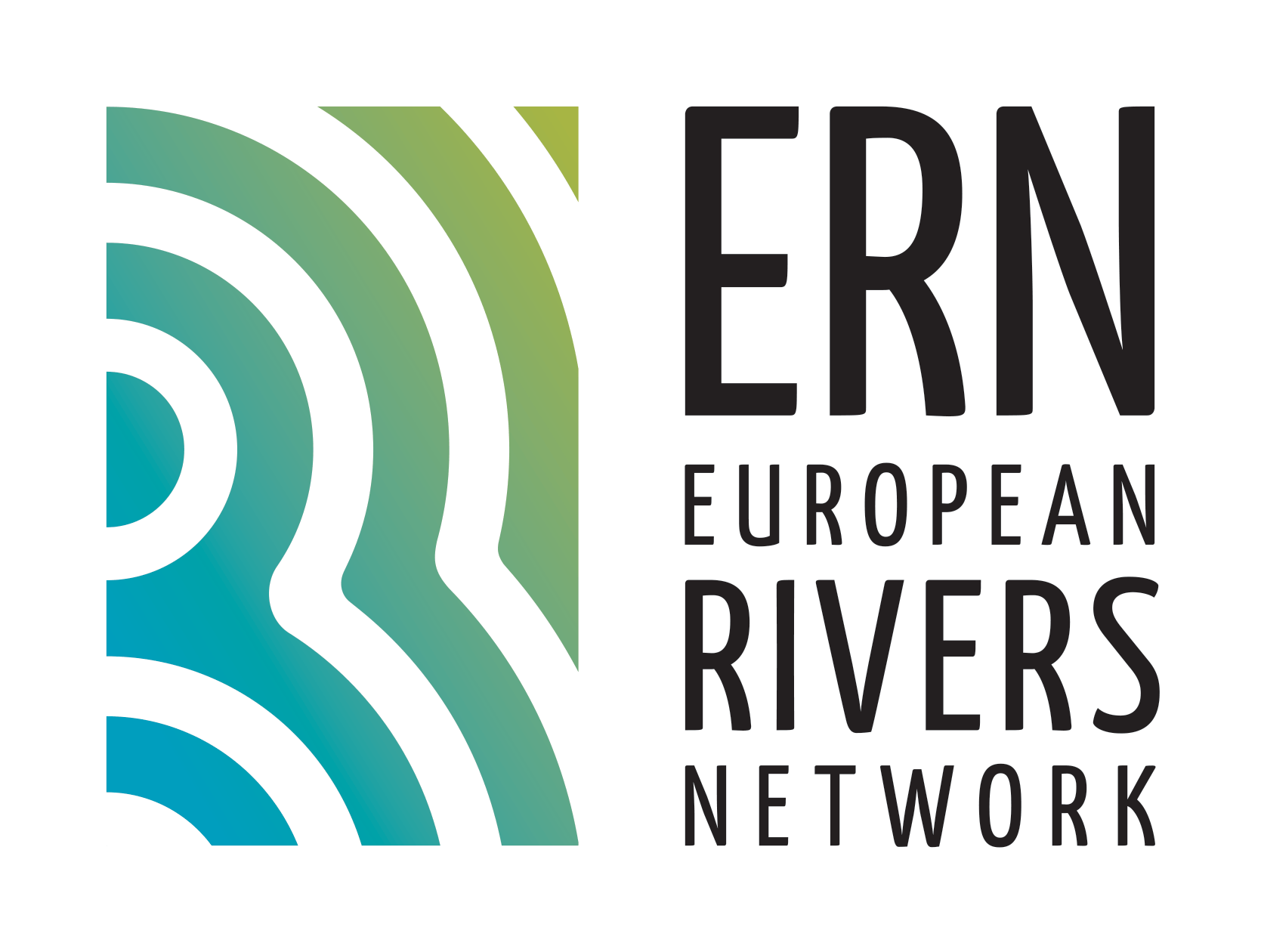
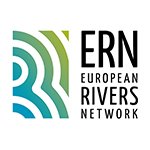
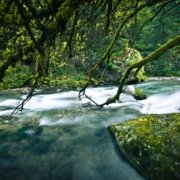
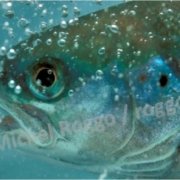
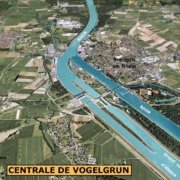
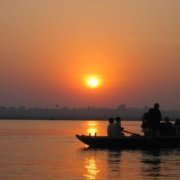
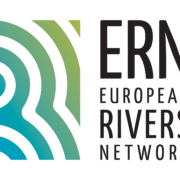
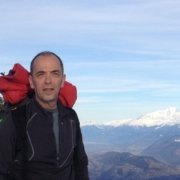
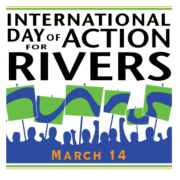
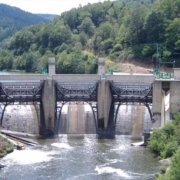
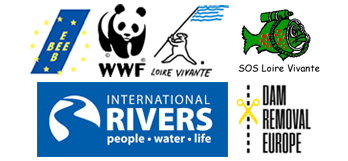 ERN is the official WWF Freshwater Partner in France and cooperates with WWF Switzerland, Austria, Netherlands and others
ERN is the official WWF Freshwater Partner in France and cooperates with WWF Switzerland, Austria, Netherlands and others